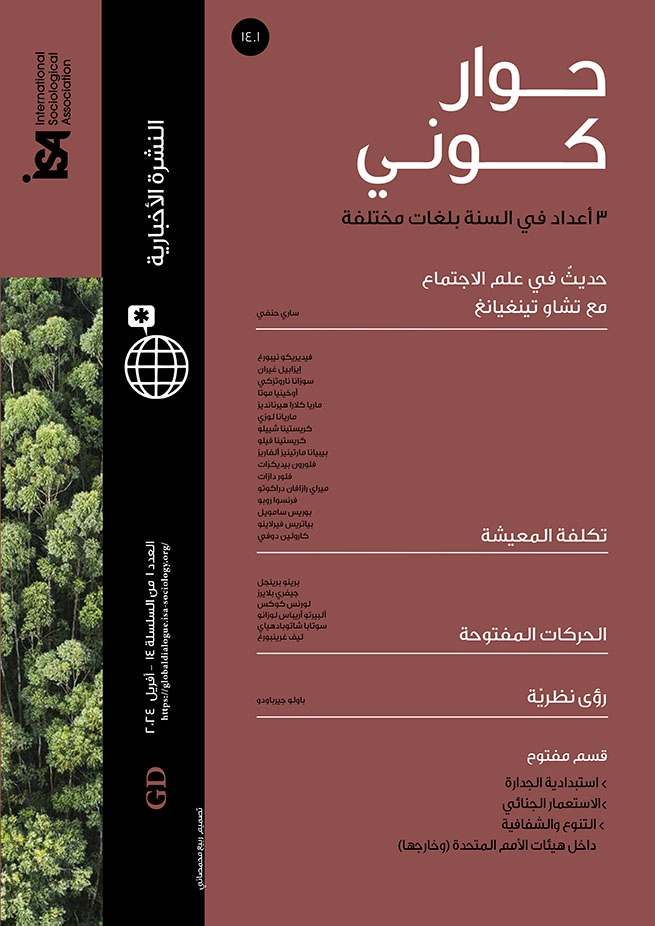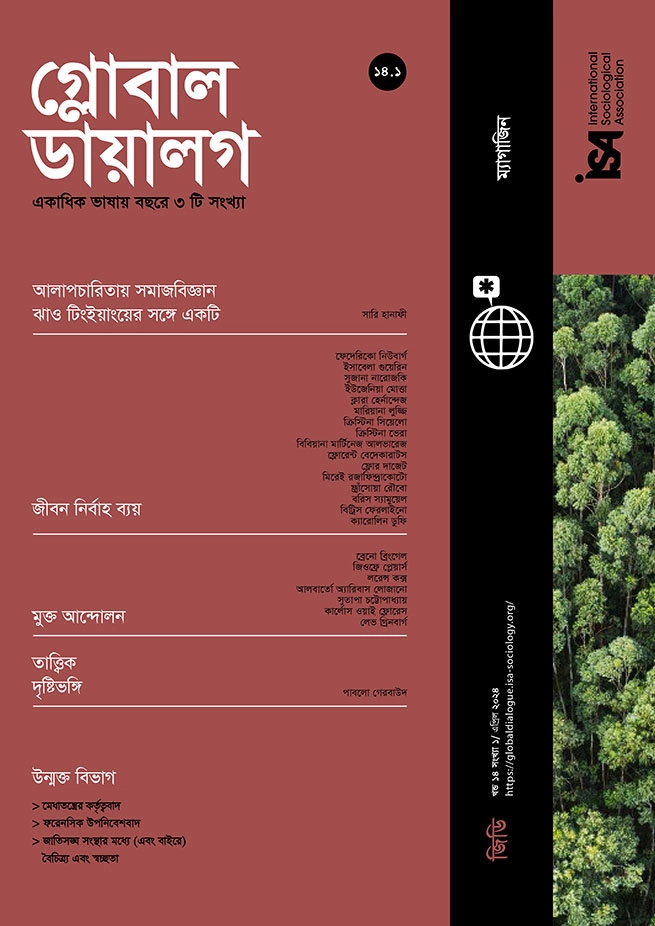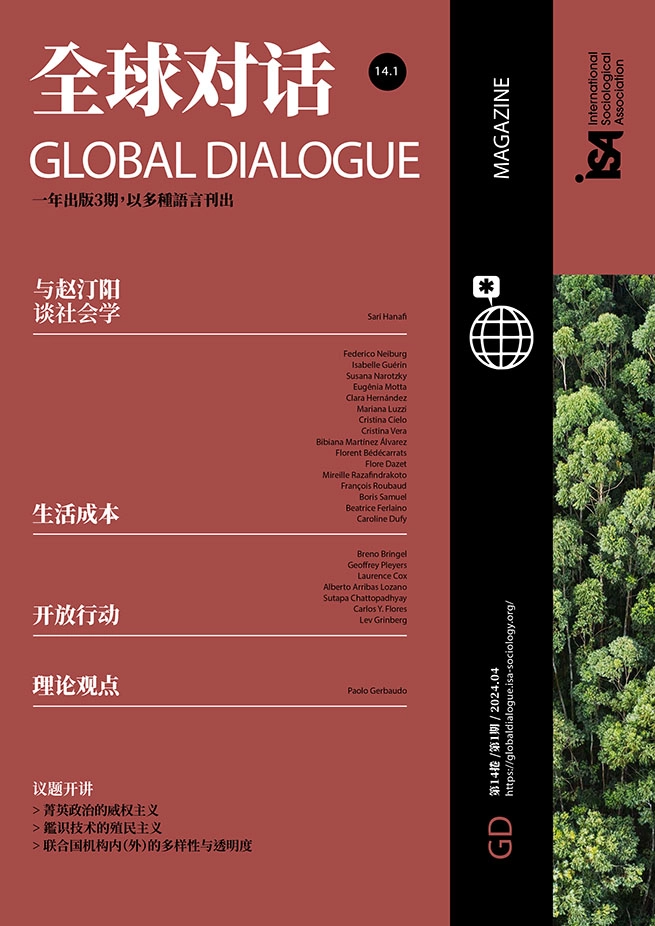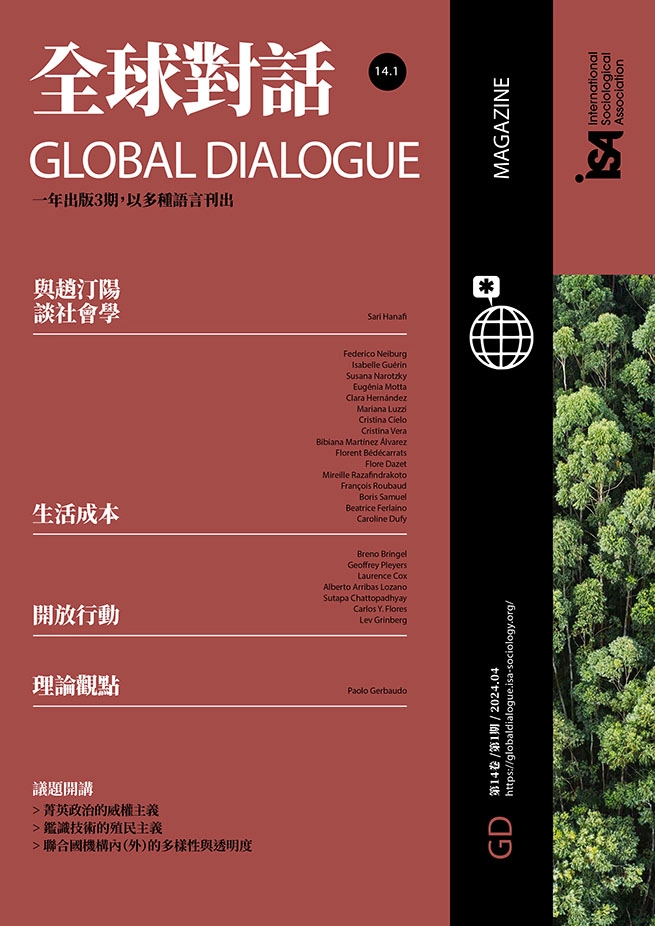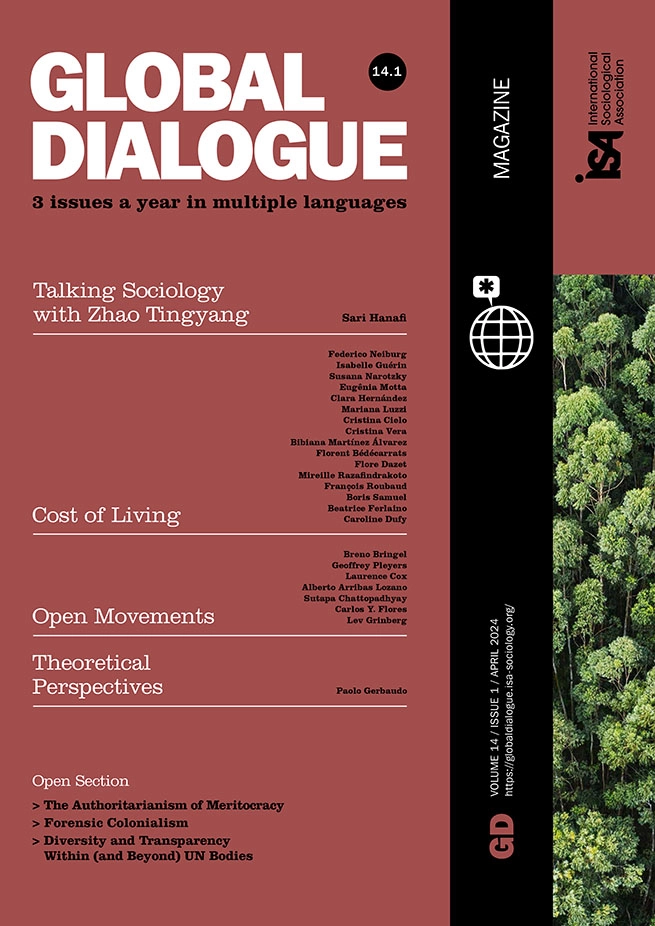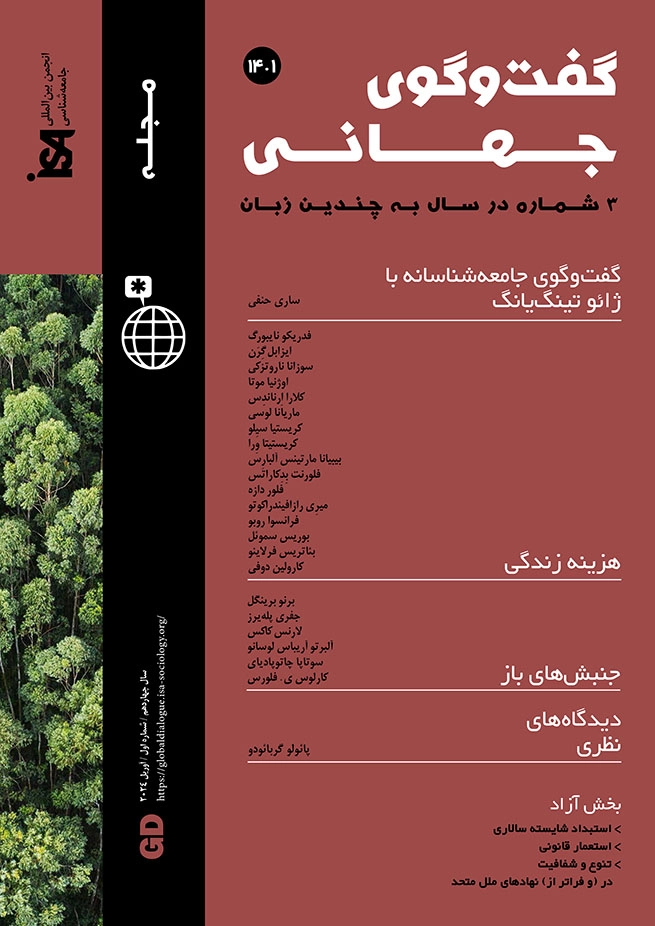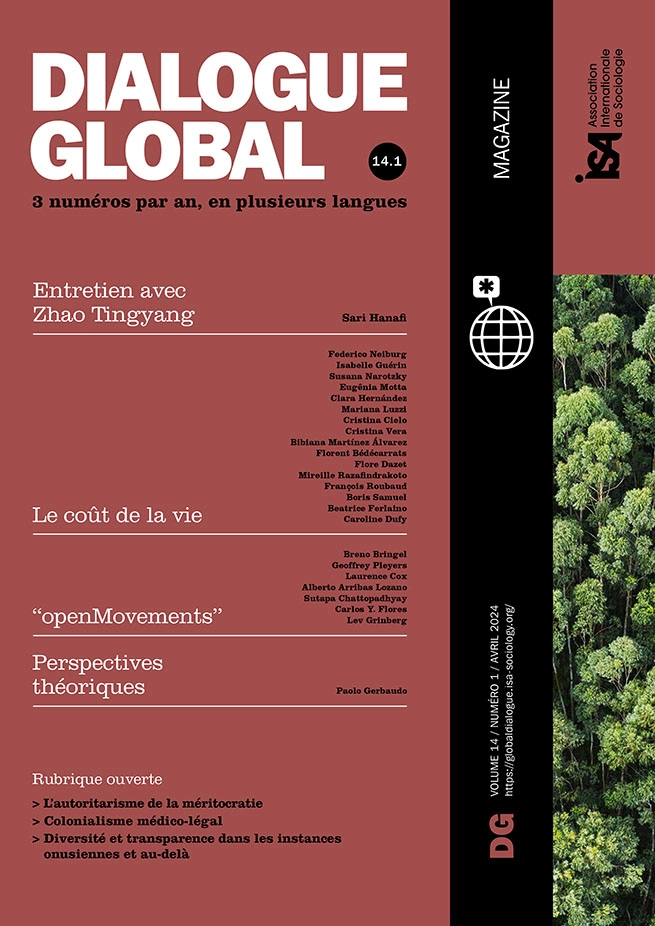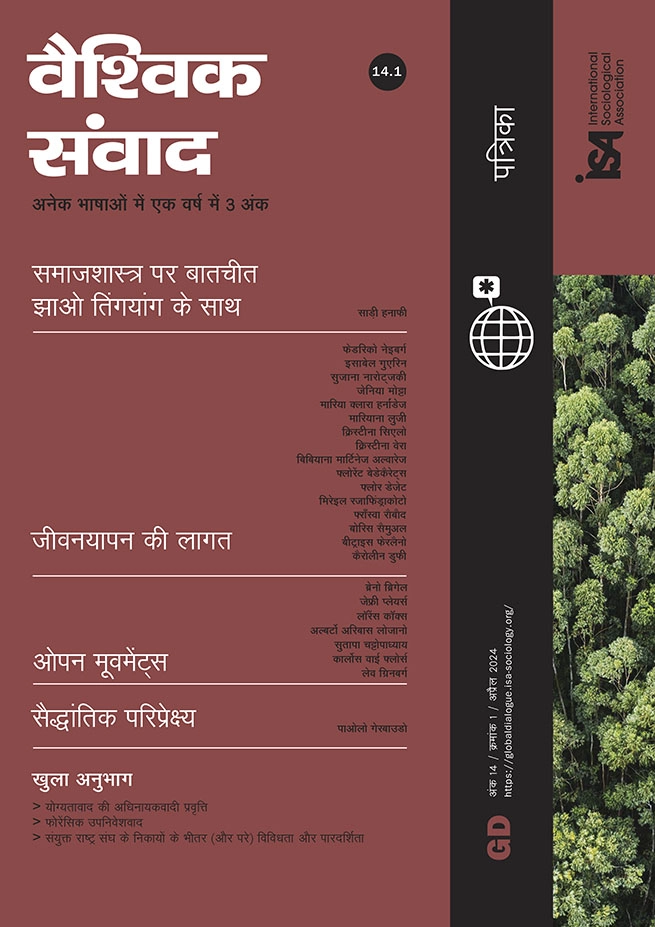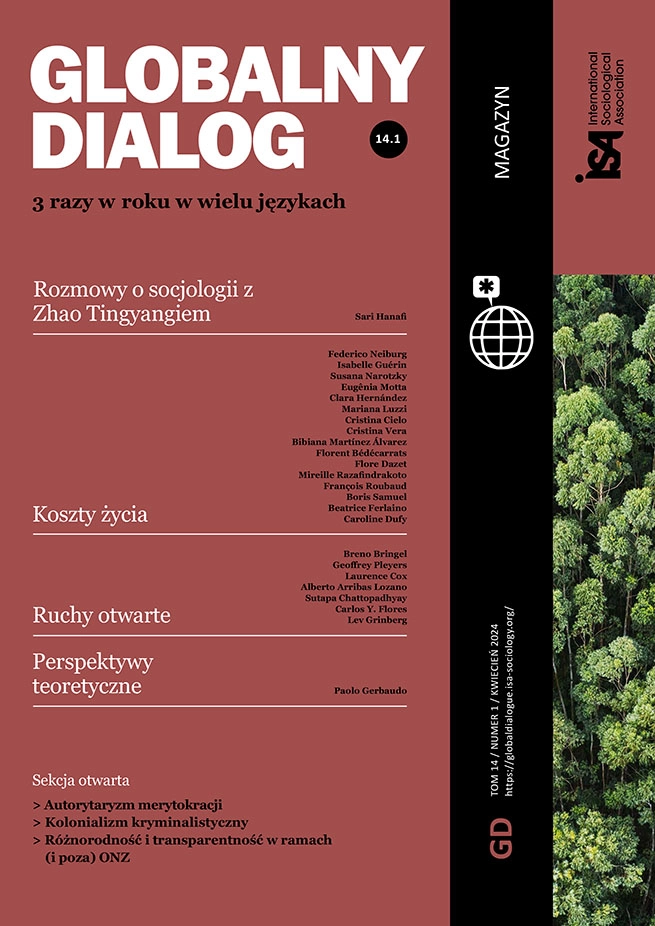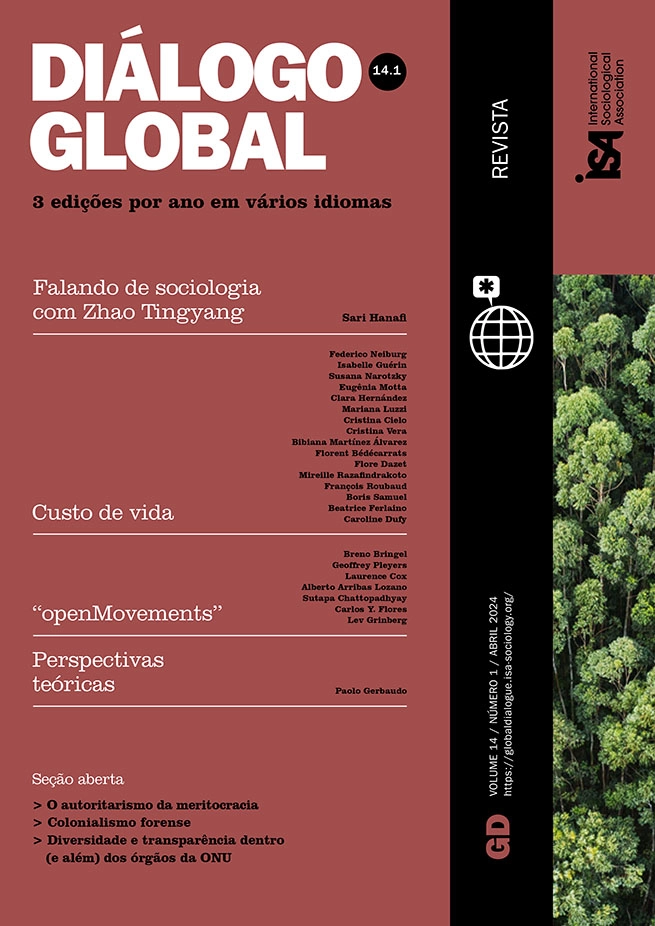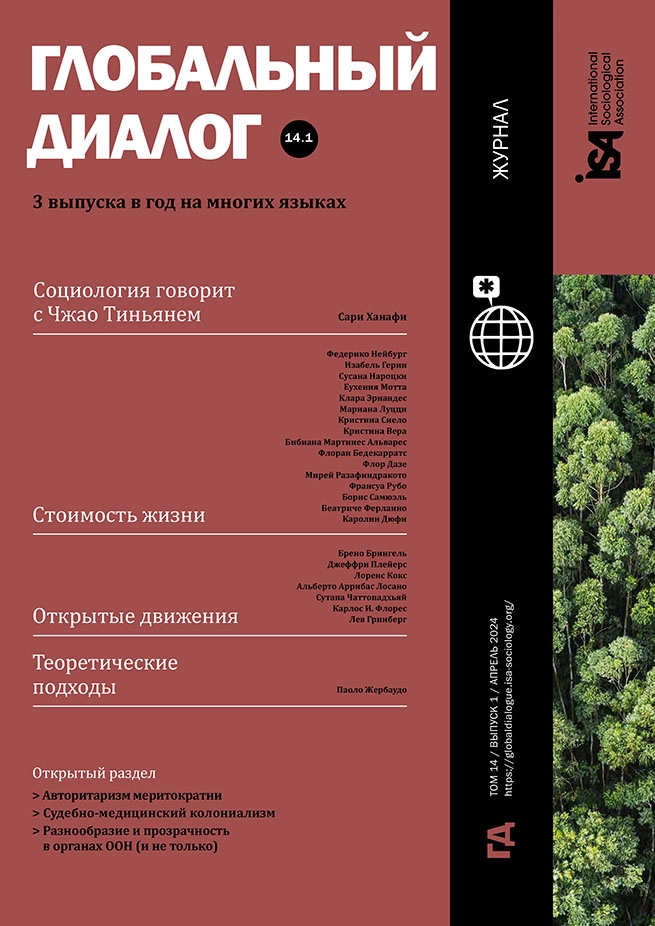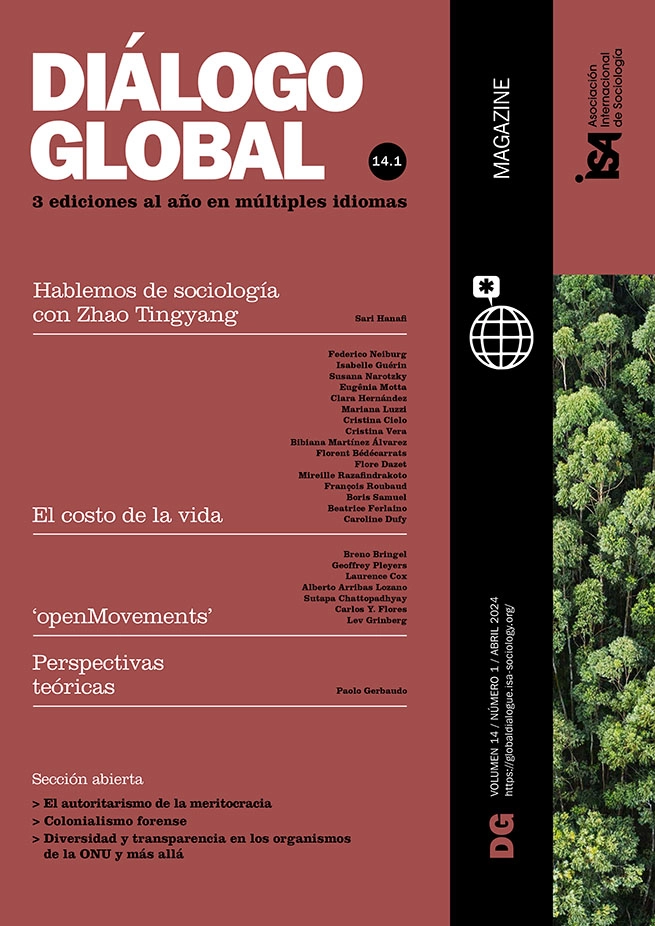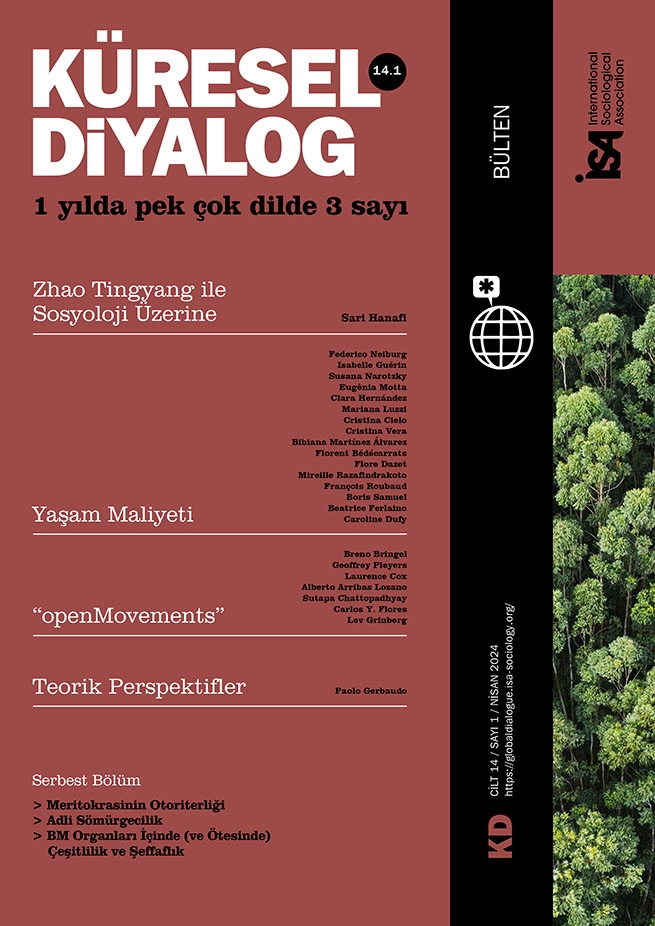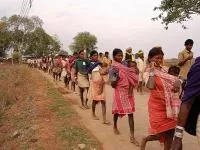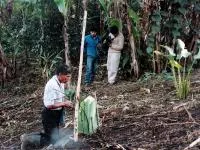‘openMovements’: A Platform for Public and Global Sociology

March 01, 2024
The climate meltdown has become a visible reality, and in the meantime, during the global summits, governments only demonstrate a lack of capacity and willingness to tackle this urgent issue. Democracy is under serious threat in various regions of the world. Technocrats conduct major trade negotiations, and citizens have little impact on these decisions. Authoritarianism has gained impetus, as have nationalist and far-right movements. Hate speech and intolerance are on the rise, leading to racist or hate crimes and increasing political polarisation. We have entered a more complex scenario of interlocking and mutually reinforcing crises (polycrises) that challenge the civilisational model based on unlimited growth, progress, and development. Moreover, the crises of our world do not affect everyone in the same way. The Oxfam Inequality Report 2024 points out that, since 2020, the wealthiest five men in the world have doubled their fortunes. During the same period, almost five billion people in the world have become poorer. Inequalities are at a historical high.
These challenges remind us that social movements are crucial actors in our societies. Reactionary, supremacist, racist, and far-right movements are gaining momentum in the West and the East. They are attracting young people from all regions of the world. All the countries that witnessed massive democratic protests during the 2011 Arab Spring are now ruled by authoritarian regimes. Even in some of the most established democracies, social movements are repressed, journalists are killed, and citizens are spied upon by their states.
This bleak picture is, however, incomplete. Alternatives still exist but are often made invisible, especially in the absence of public protests. All around the world, insightful social movements and new forms of activism and democratic practices have been emerging. They open horizons of possibility and challenge our classic perspectives about what activism, social movements, and democracy mean today. Citizens have occupied squares and the Internet to organise, diffuse their messages, and promote an open, free society where knowledge and information are shared. They consider democracy not only a matter of polls or demands addressed to their governments but also a claim for social justice and dignity as much as a personal commitment they intend to implement in their activist and daily life practices.
Social movements: protests, alternatives, and knowledge
Our new Global Dialogue section, “openMovements,” aims to literally open a space to analyse social movements and their challenges in different countries worldwide. Based on empirical research, the articles will discuss movements’ successes, limitations, and the backlash many of them face. We will learn from and with social movements to better understand our society and the challenges we face locally, nationally, and globally.
We believe that social movements are significant actors in the production and transformation of society, both on the progressive/democratic and reactionary sides. Social movements influence concrete policies and transform culture. They produce knowledge and generate collective learning in concrete struggles and social experimentations set up on all continents. They shape how we see the world and open scenarios for alternative futures.
While protests may gain some visibility in mainstream media, they are only the tip of the iceberg of social movements. Less visible but not less critical dimensions include popular education, concrete solidarity, active citizenship, transformation in daily life, and subjectivities. openMovements will welcome contributions on protests and concrete alternatives.
Global sociology
A global dialogue rooted in the will to learn from sociologists and actors from different continents is at the heart of the ISA. As a new section of Global Dialogue, openMovements promotes a global outlook for understanding these social transformations by proposing analyses by sociologists from all regions, both in the Global South and the Global North. We are convinced that learning from social movements, crises, and alternative experiences from different continents provides insights for a better understanding of the reality, challenges for democracy, and possible paths to emancipation and social change in our country or region.
We promote a global outlook on our world’s transformations and, to do it, avoid both methodological nationalism and globalism by fostering a dialogue between different voices, generations, perspectives, and traditions of thought and action. A global outlook does not mean neglecting the local or national struggles, but the opposite. A well-informed global outlook needs to be fed by analyses of social movements and challenges at the local, national, and regional levels. We seek to shed light on alternative experiments rooted in local realities and struggles that may inspire actors on different continents and show glimpses of possible futures. We want to provide our readers with the keys to understanding a protest wave or a crisis in a place or a country that does not make it to the news headlines but from which we have much to learn. We will also pay attention to how local or national actors connect at a transnational level and may have a global impact. We hope to foster the diffusion of theories, practices, symbols, and repertoires of protest all over the world.
To understand the actors and the challenges of our world, we need to combine scales of action and levels of analysis. A proper global outlook requires multi-sited fieldwork in different regions, fully embedded in simultaneously local, national, regional, and international reality. Social movements are shaped by contexts and actors in all these distinct arenas, but they also contribute to determining the local, national, and global realities. While localised movements are usually reduced to parochial conflicts, movements like the Zapatista uprisings in Mexico – which celebrated its 30th anniversary this year – have shown they also have essential global meanings. With openMovements, we want to understand how struggles and cultures of activism resonate beyond national borders and how transnational networks affect domestic and international politics.
Public sociology
Social scientists have a specific contribution to make in a democratic public space. Global Dialogue and openMovements are meant to be relevant channels for this effort. Scientific rigor and long-term empirical fieldwork are needed to understand the features, stakes, and challenges of struggles as well as the conflicts beyond the immediate events covered by mainstream newspapers. Thus, it is essential to open spaces where scholars who have conducted in-depth research can diffuse their results and perspectives through accessible texts to a broad audience beyond the academy.
With openMovements, we are particularly interested in connecting the sociology of social movements with general sociology, developing approaches that avoid the traps of both “professional” sociologists’ hyper-specialization and intellectual vanguards. As former ISA president and Global Dialogue founder Michael Burawoy proposes, public sociology endeavours to bring sociology into dialogue with audiences beyond the academy, an open dialogue in which both sides deepen their understanding of public issues.
A new development of openMovements
OpenMovements was born as an editorial project in March 2015. Founded by us, it was initially published by the leading independent media platform openDemocracy. It aims at “opening social movements” in three ways:
- Connecting the analysis of social movements with broad social change, considering the study of social movements as a critical element for a better understanding of both specific social actors and society as a whole.
- Fostering a global outlook, with particular emphasis on the experiences of the Global South and the ability to generate collective learning through different struggles in the world.
- Opening a space for the dialogue between scholars and activists to contribute to public sociology.
From 2015 to 2021, openMovements has published around 250 articles from activists and scholars from 30 countries as a section of openDemocracy. Thanks to their concise format, well-informed analyses, and a dynamic online publication platform, these articles have reached a broad readership of both researchers from different continents and a wider audience of tens of thousands of readers among citizens, journalists, activists, and policymakers. Some of these articles were written as an intervention in an ongoing public debate, but always with an intention to go beyond a mere opinion and to seek rigorous analysis. We were also concerned about including voices usually silenced or poorly represented in public debate and academia.
Some of these articles were published as a part of a series edited by guest editors (on topics such as Crises of Migration, New Repertoire of Repression, Reinventing the Left, or Social Movements in the Pandemic). A selection of articles has been republished in five books in English or Spanish, all in open access: Protesta e indignación global (2017); México en movimientos (2017); Alerta global. Políticas, movimientos sociales y futuros en disputa en tiempos de pandemia (2020); Social Movements and Politics during COVID-19 (2022); Chile en Movimientos (2023).
After this initial stage, openMovements will begin a new phase within Global Dialogue, seeking to build bridges, in a more institutionalised way, between the world’s leading sociological association and diverse audiences. In this new phase of the project, two new developments have been added to the original spirit. Firstly, we seek to offer a dynamic platform where articles will first be published in English on the Global Dialogue website. Part of them will be integrated into one of the three annual issues of the magazine and translated into more than a dozen languages. Secondly, rather than working with a single dissemination platform, we will seek partnerships with digital media worldwide to broadcast its content to a broader audience.
We encourage you to contribute to this new phase of openMovements. While we focus on single articles, we also welcome series edited by guest editors, bringing together contributions by activists and social scientists from different continents on a specific theme. We are particularly open to short texts on recent events and hot topics in world politics that are not mere opinions but the result of research on the subject and on-the-ground monitoring of social and political processes. In other words, we need a public and global sociology on the move to understand and face all the historical challenges we are living through. This is what openMovements has been and aims to continue being.
Breno Bringel, Rio de Janeiro State University, Brazil, and Universidad Complutense de Madrid, Spain
Geoffrey Pleyers, FNRS and Université catholique de Louvain, Belgium, and ISA President (2023-27)
Direct all correspondence about openMovements to the Global Dialogue team <globaldialogue@isa-sociology.org>

